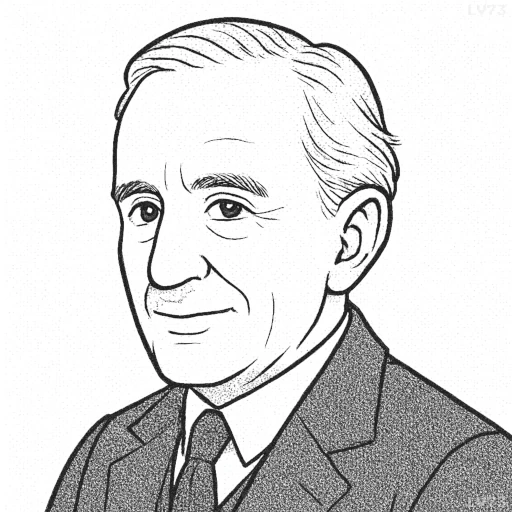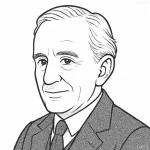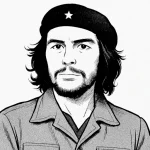“The original ‘Hobbit’ was never intended to have a sequel – Bilbo ‘remained very happy to the end of his days and those were extraordinarily long’: a sentence I find an almost insuperable obstacle to a satisfactory link.”

- January 3, 1892 – September 2, 1973
- Born in the Orange Free State (British)
- Author, linguist
table of contents
Quote
“The original ‘Hobbit’ was never intended to have a sequel – Bilbo ‘remained very happy to the end of his days and those were extraordinarily long’: a sentence I find an almost insuperable obstacle to a satisfactory link.”
Explanation
In this quote, Tolkien reflects on the challenge of linking his Hobbit story with the later Lord of the Rings saga, a task made more difficult by the contentment and peace Bilbo enjoys at the end of The Hobbit. The line “Bilbo remained very happy to the end of his days and those were extraordinarily long” from the original book presents a sense of finality and closure, which Tolkien found at odds with the darker, more complex narrative that would unfold in The Lord of the Rings. Bilbo’s peaceful life at the end of The Hobbit didn’t naturally set the stage for the epic and tragic events of the War of the Ring. This contradiction created what Tolkien referred to as an “insuperable obstacle,” one that made it difficult to seamlessly transition from one story to the other.
The underlying issue here is not just a logistical or narrative problem but also a philosophical one. The happiness and longevity of Bilbo’s life in The Hobbit represents a kind of satisfaction with the simpler things in life—his adventures are over, and he’s returned to the peace of the Shire. This sense of completion is at odds with the tone of The Lord of the Rings, which is filled with conflict, sacrifice, and the struggle against evil. Tolkien’s dilemma reflects a broader theme in his work: the tension between peace and war, contentment and struggle, as well as the transition from a world of innocence to one where moral responsibility and greater stakes are at the forefront. The sequel’s creation required that Tolkien find a way to disrupt Bilbo’s contented ending and introduce a new challenge, thus altering the course of Middle-earth.
Tolkien’s comment also points to the unplanned nature of much of his creative process. Originally, The Hobbit was meant to be a standalone story, with no intention of expanding it into a larger mythological cycle. However, the success of The Hobbit and the development of his own broader mythos pushed him to create a more expansive narrative, even though doing so required him to rethink the fate of the characters and the world he had already established. This creative tension can be seen as a metaphor for the way writers and artists sometimes navigate between closure and continuation, trying to balance the satisfaction of an ending with the desire to explore further possibilities. In modern contexts, the quote can speak to the creative challenges faced by anyone working within an established framework, whether in literature, film, or other forms of art, where the tension between past resolutions and the desire for further exploration is a common dilemma.
Would you like to share your impressions or related stories about this quote in the comments section?



